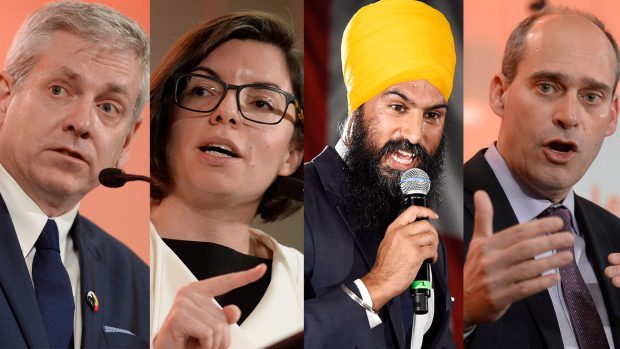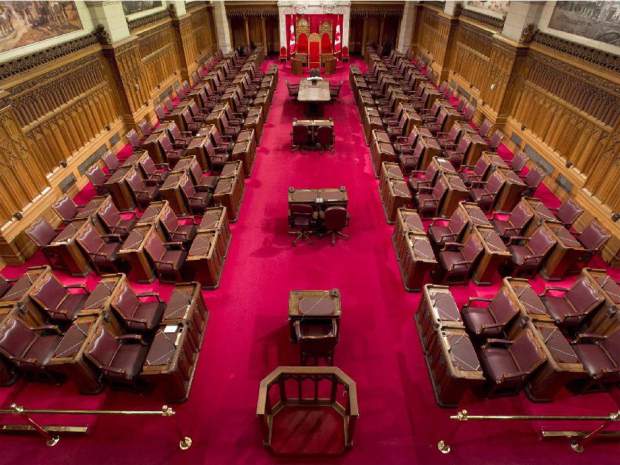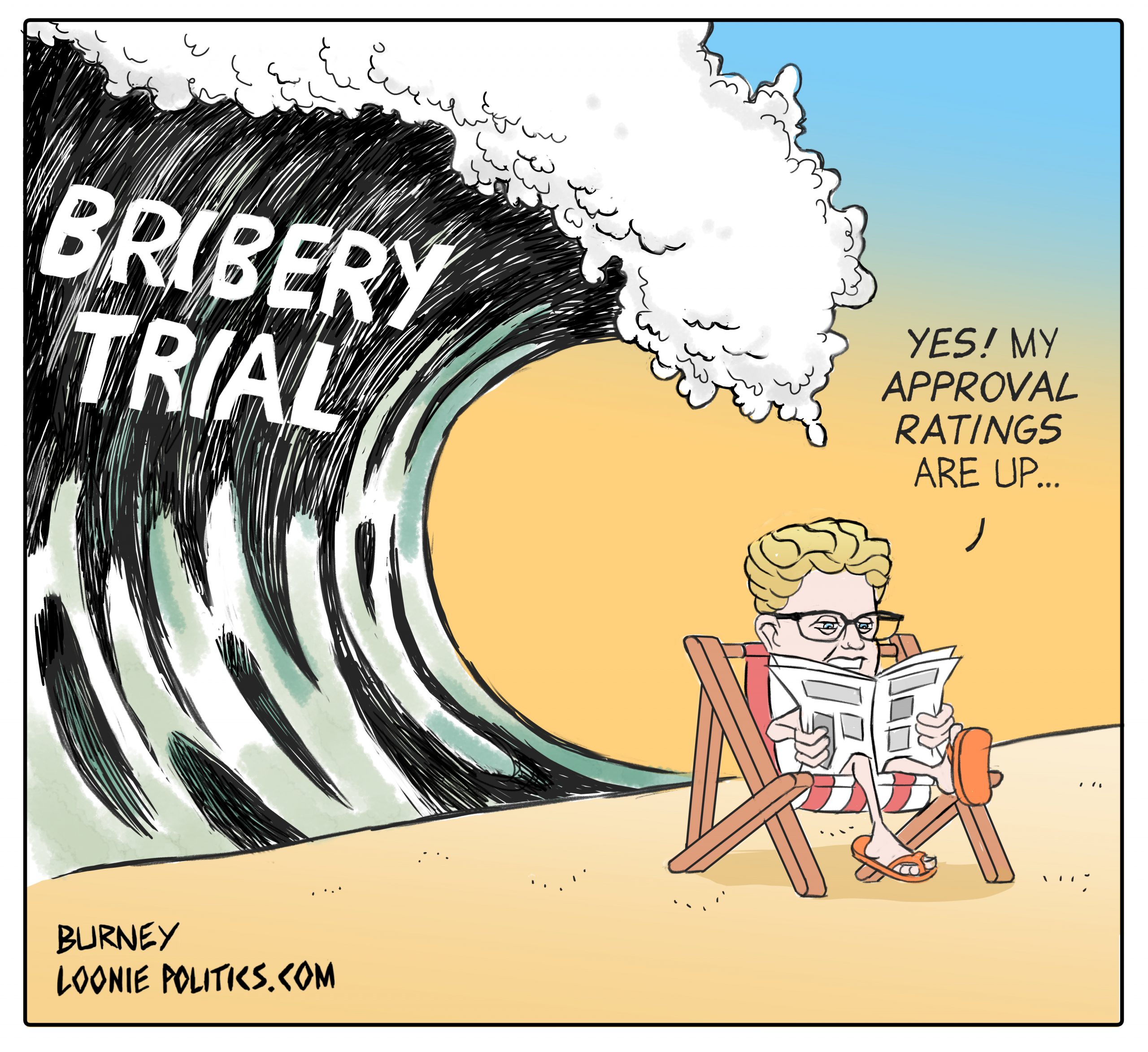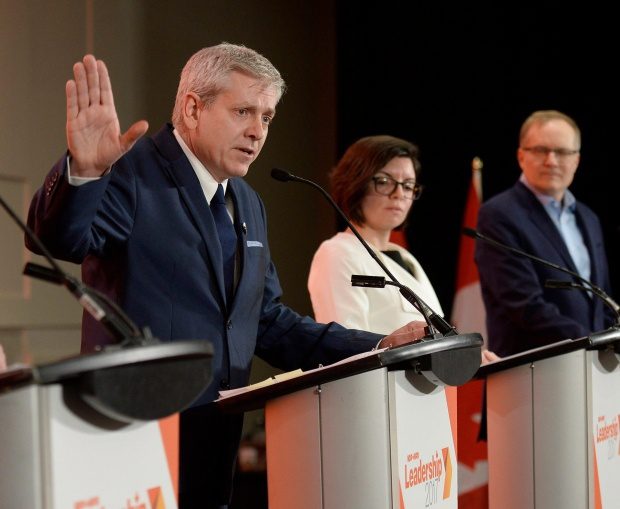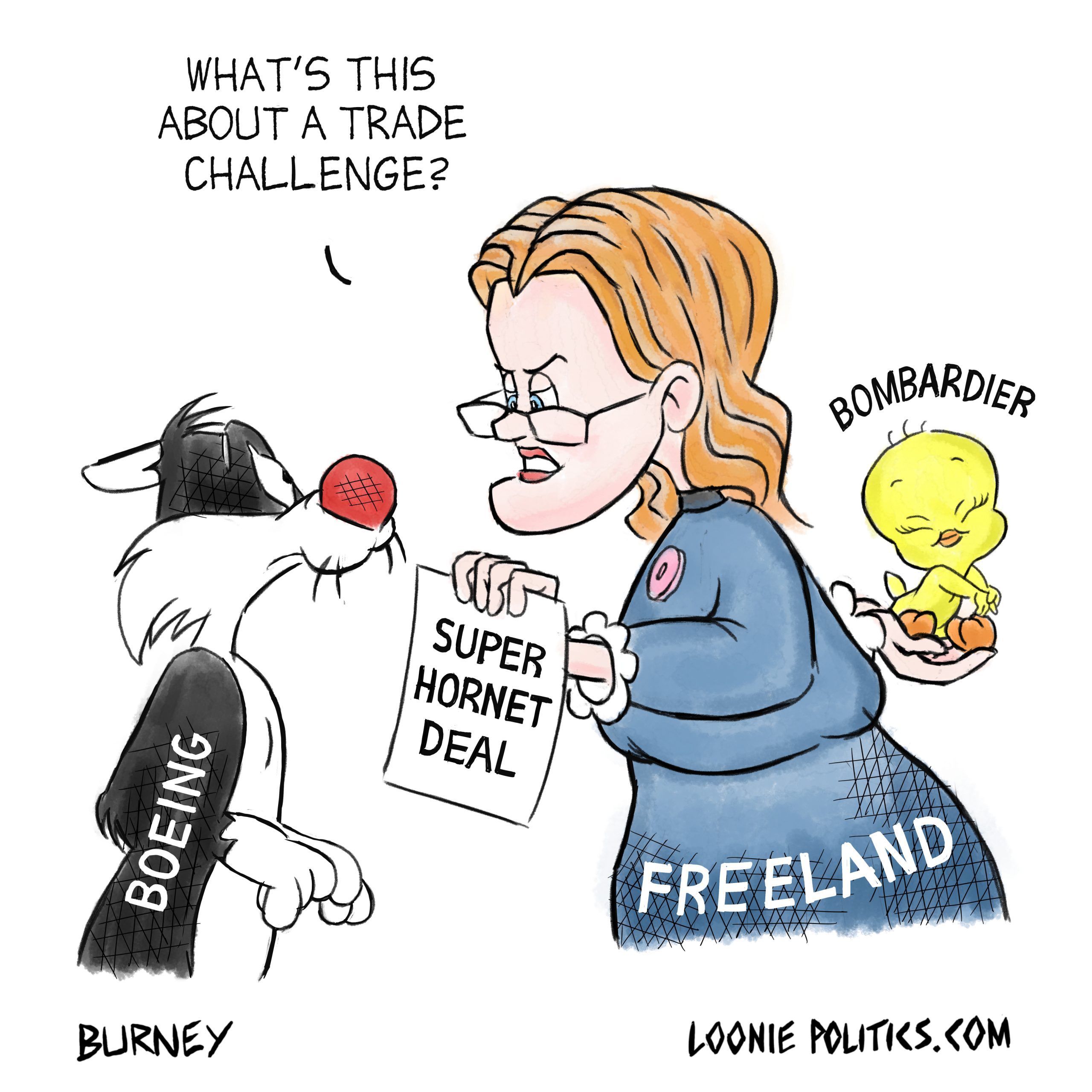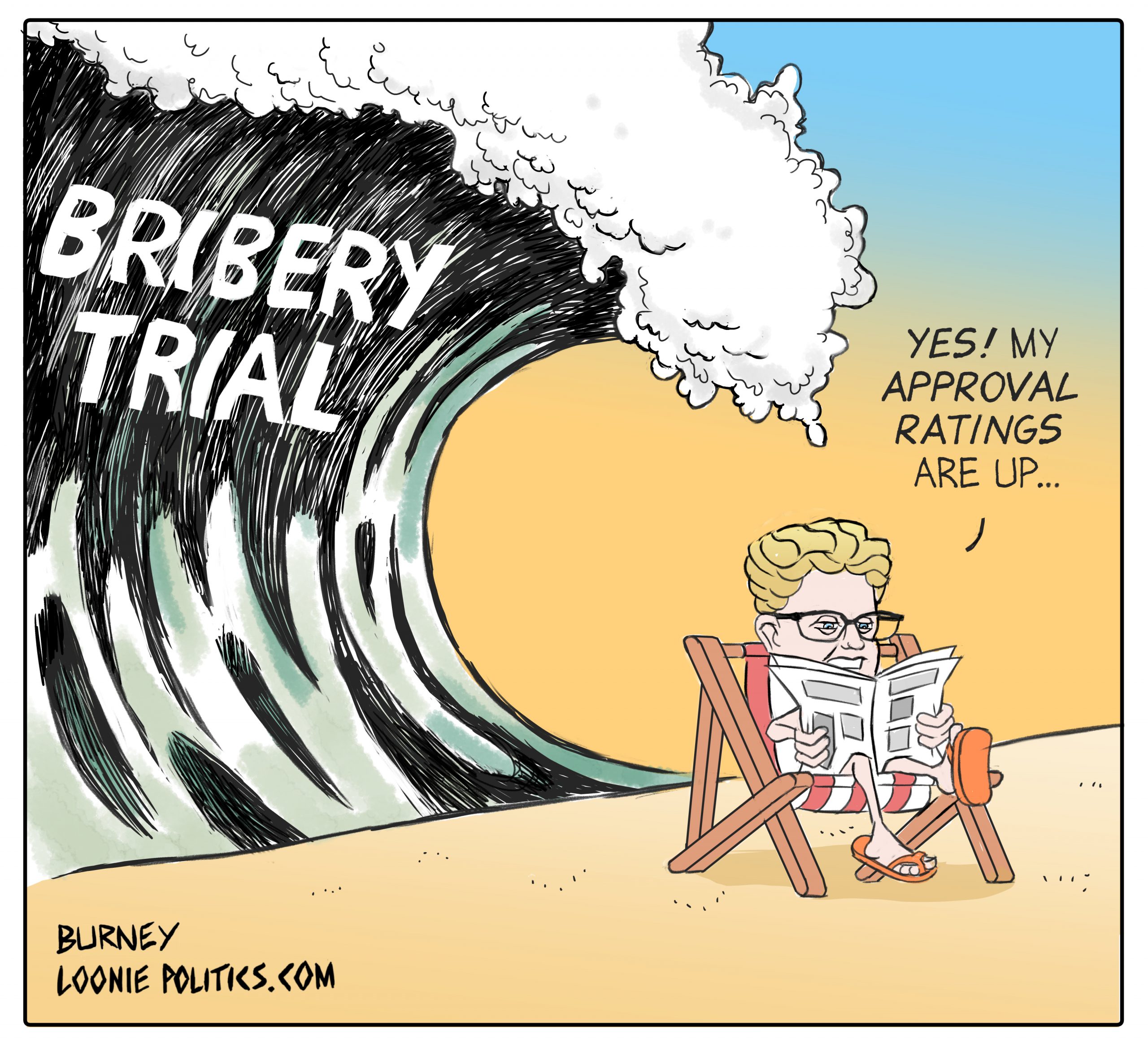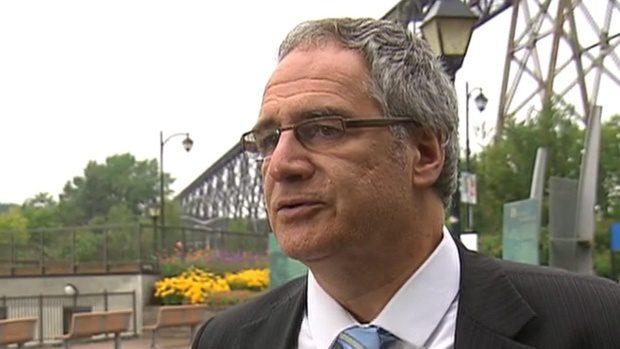Four distinct candidates offer very different views on how socialism and social democracy will evolve in Canada
In a few weeks, the federal New Democratic Party will have a new leader. The four remaining candidates have very different visions for Canada and, quite frankly, for the future of Canadian socialism and social democracy.
Here's a quick overview.
Charlie Angus, the MP for Timmins-James Bay, has emerged as the establishment candidate (of sorts). He's more in the mould of the last two NDP leaders, Jack Layton and Tom Mulcair. Angus takes conventional positions on politics and economics, stays relatively clear of controversy and strongly defends a more realistic, centre-left philosophy on governing.
Niki Ashton, the MP for Churchill-Keewatinook Aski, is the darling of the radical left. She's regularly denounced "corporate greed," and promoted "environmental justice" and a need to get back to the "socialist vision" of the old Co-operative Commonwealth Federation (the party's predecessor). She's trying to recreate the NDP of old and push for a more state-oriented, anti-free-market model to run the government.
Guy Caron, the MP for Rimouski-Neigette-Témiscouata-Les Basques, seems to be trying to bridge the social democratic establishment with old-style socialism. He's called for significant income tax changes, including the establishment of a tax crimes division and financial activities tax. He also wants "trade deals that work for Canadians."
Jagmeet Singh, the Ontario MPP for Bramalea-Gore-Malton, is attempting to present himself as the true candidate of change. He likes to tout his progressive policies and social democratic views on issues such as an increased minimum wage, environmental protection and social justice. If he wins, he would be the first Sikh to ever lead a major federal political party.
This race is rather important for the party's future. It won't be (and shouldn't be) an easy choice for grassroots members.
What's the best course of action for the NDP? Here's some free advice from a right-leaning conservative.
Vote with your head and not your heart. It's easy to understand how some of the candidates (in particular, Ashton and Singh) could create short-term gains for the party. But you have to seriously think about the long game in politics, too. Hence, it's important to identify the candidates who seem the most solid for the next one or two election campaigns, and isolate the ones who will simply be splashy for, and fade away in, one election cycle. This will make the choice somewhat easier.
Fixate on the right (or, in this case, left!) political and economic direction the NDP should go. Party members need to decide whether the NDP should maintain social democratic values or re-adopt socialism. It's also important to examine global patterns for the political left. This includes what like-minded parties are doing in regions like Europe, Asia and Africa, and how concepts such as small business, environmental policies, union control, and the free-market economy are being interpreted and utilized.
Start seriously considering what Canadians really want in their next government. The NDP has long been Canada's perennial third party in Parliament, with the notable exception of the 2011 federal election. There are many reasons for this, including a political vision that seems out of touch with reality and policies that are often perceived as likely to hurt more individuals and groups than help. So it would be wise to tweak long-standing policies to engage the progressive electorate and open the door to more wide-ranging policy discussions. While some grassroots members are more concerned about principles that power, which is honourable, there's no reason you can't have both.
Angus is the most sensible choice for NDP leader.
If party members prefer to gamble, Singh seems to be the best bet.
We'll see which left-wing political vision wins out shortly.
Photo Credit: CTV News
Troy Media columnist and political commentator Michael Taube was a speechwriter for former prime minister Stephen Harper.
© 2017 Distributed by Troy Media



